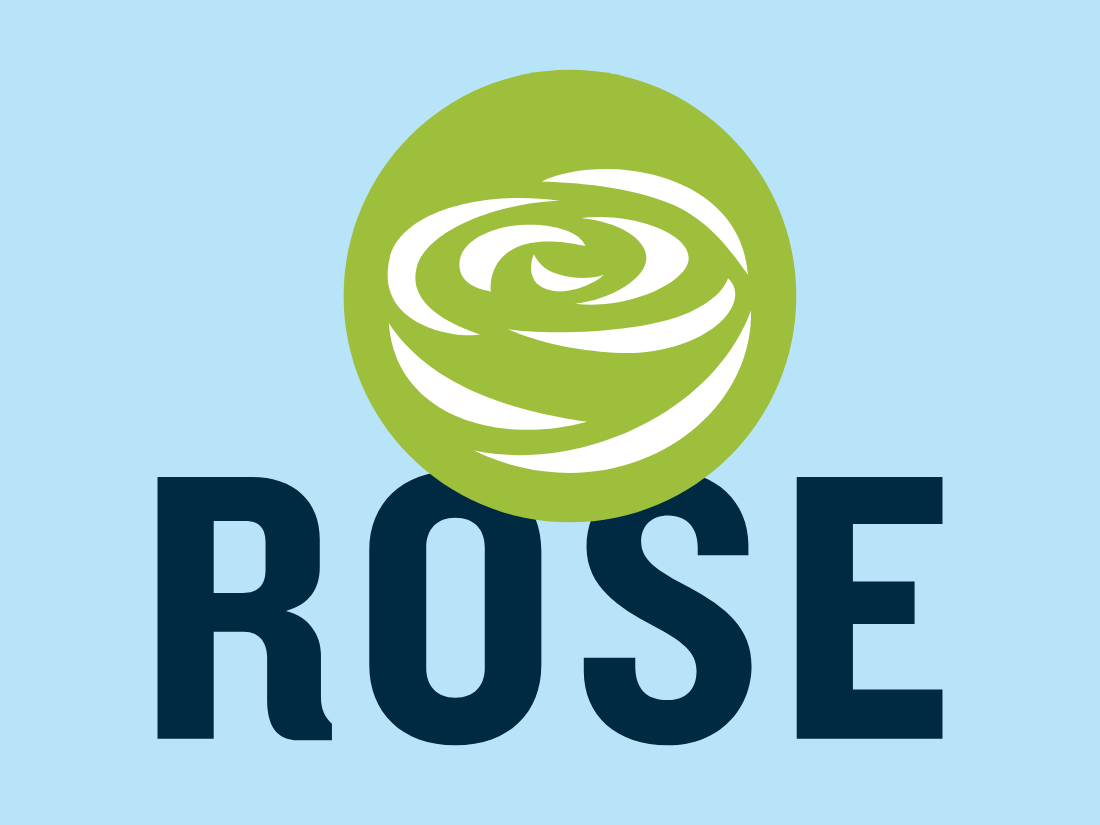Consumer Financial Education Fund
The Consumer Financial Education Fund supports projects that relate to consumer financial education, with an emphasis on issues related to just and equitable banking, basic banking, financial literacy, access to financial services, retail banking accounts, and underbanked and/or vulnerable populations.
The eligibility, priorities, and application process for this fund vary cycle to cycle. The information below applies to the last time the fund was offered, in spring 2024. Currently we have no future rounds scheduled for this fund. If we are able to offer this fund again in the future, we will update this page at that time.
Fund Details
Maximum Funding Request:
Up to $100,000
Important Dates:
This fund is not run on a regular basis. The dates for the most recent cycle are below.
March 1, 2024 - Letters of inquiry due
April 5, 2024 - Invited applications due
May 2024 - Grant awards announced
Applications must be submitted by 5 PM on the due date.
Let’s Connect:
Have questions? Connect with our team via email at grants@rosefdn.org.
Eligibility and Priorities
- The applicant must be a 501(c)(3) nonprofit or be fiscally sponsored by a 501(c)(3) nonprofit. Nonprofit colleges, universities, university clinics and graduate programs are eligible to apply, but university overhead is limited to 5% of grant award.
- The applicant must demonstrate expertise in consumer education or advocacy, especially related to financial literacy.
- The Project Team must have demonstrated experience working with their targeted population. We encourage Community based organizations to partner with financial service providers with financial education expertise to submit a single proposal.
- An applicant’s principal place of business must be in the United States. For 2024, the project must be conducted in one or more of the following states: Connecticut, Delaware, Florida, Maine, Maryland, Massachusetts, New Hampshire, New Jersey, New York, North Carolina, Pennsylvania, Rhode Island, South Carolina, Vermont, Virginia, or Washington, D.C.
- The Project must be designed to serve vulnerable and/or underbanked populations including low-income communities of color, individuals and families, students, veterans, and non-English speakers and conducted by organizations that have a demonstrated track record of working with these communities.
- Proposals must relate primarily to financial education issues or fair and equitable banking practices and be targeted towards users, regulators, and enterprises residing in the United States.
- Accessibility. Projects that disseminate information in multiple languages.
- Meaningful Metrics. Applicants who can clearly define their desired outcomes and express quantitative and qualitative metrics that will measure progress made towards those outcomes during the grant period.
- Far-reaching results. Projects designed to affect long-term consumer behavior by changing habits and teaching clients how to independently maintain good financial standing for future years and/or which can demonstrate long term behavior change or improvement beyond a simple pre/post educational session test metric.
- Advocacy. Projects combining education with consumer advocacy to promote fair and equitable banking practices and protect vulnerable populations from predatory banking. This may include policy and/or regulatory development and implementation and related research, but advocacy projects should have clear targets and include immediate outcomes which are achievable within the grant period.
-
It is expected that most proposals will be for 12-month grant periods; however, multi-year proposals are encouraged where appropriate.
-
The maximum grant amount is $100,000, even for multi-year proposals.
Steps To Apply
Please read these instructions carefully and follow them step by step.
Review Eligibility and Instructions
Please check all eligibility requirements before starting the application.
Please read the following application instructions carefully and follow them step by step.
FAQ

For 2024, examples of allowable educational activities include teaching adults and children about financial issues and increasing their financial literacy, including community workshops, classroom presentations, trainings, conferences, and webinars, especially including information about overdraft fees and how to avoid them. Educational programs covering the following topics are preferred:
- Fees and choices related to debit cards and pre-paid debit cards that lead to high interest rates;
- Educating consumers to not opt-in to overdraft protection when fees will be
charged; - The dangers of high-cost, short-term credit such as payday lenders or Buy Now Pay Later programs and how to avoid this type of borrowing;
- Educational projects should seek to adapt and utilize existing curricula. Applicants proposing to create entirely new curricula should be prepared to fully justify why existing financial literacy curricula is insufficient;
- Events for legislators and other policy-makers to help them understand pertinent issues.
Projects may not use this grant funding to engage in the following activities:
- Electioneering or other political or religious activities prohibited by IRS 501(c)(3) regulations.
- Activities primarily targeted or conducted outside of the United States.
If your group is awarded a grant, you must provide a final grant report at the completion of your project. If your project is longer than one year, you must provide an interim report as well. The final report is required before your group can receive additional funding. Grantees are also required to acknowledge grant funding in all project signage and publicly distributed materials.
Meet Past Grantees
From grassroots community organizers to groups with nation-wide reach, meet the changemakers supported by Rose grants.
Take the next step
Do you still have questions about this application process or need additional support from Rose Foundation staff? Here are some helpful resources.
Helpful Resources
Stay Connected
Change is happening! Receive updates on grantee successes, upcoming grants, and opportunities to make a difference. Join our community and be a vital part of the environmental justice movement.

